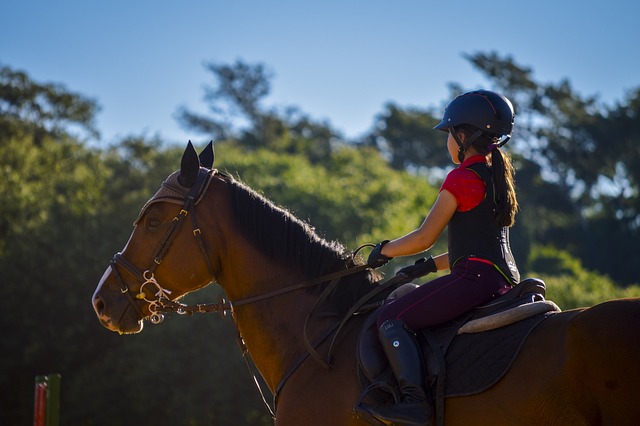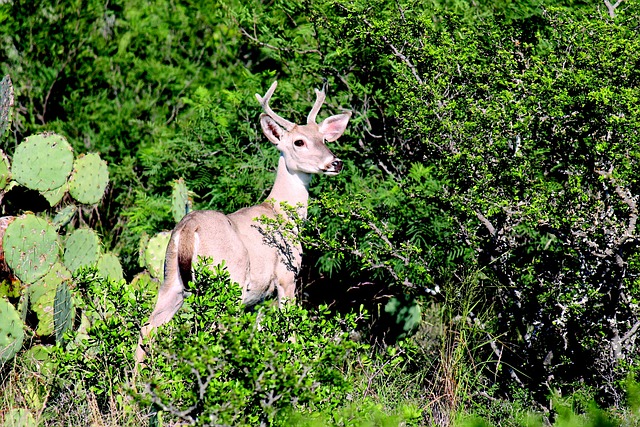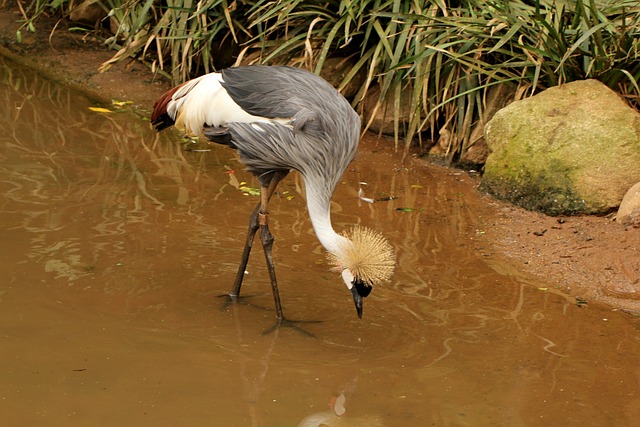21 dukes 🤞 The Resurgence of Nobility: A Closer Look at 21 Dukes Shaping Contemporary Society

The Resurgence of Nobility: A Closer Look at 21 Dukes Shaping Contemporary Society21 dukes
In a world often characterized by rapid change and the relentless pursuit of modernization, the concept of nobility might seem anachronistic. Yet, a closer examination of a unique group – the 21 dukes – reveals that traditional titles can still hold significant sway in contemporary society. These figures, often seen as relics of a bygone era, are redefining their roles and proving that heritage and modernity can coexist harmoniously.
The 21 dukes represent a fascinating amalgamation of history, culture, and responsibility. Each duke, with his distinct lineage and personal narrative, embodies a unique story that reflects the broader societal transformations occurring around them. Born into privilege, they are not merely custodians of the past but active participants in the present. Their commitment to social causes, environmental sustainability, and cultural preservation showcases a commitment to leveraging their status for the greater good.
Amidst the glamor and tradition associated with nobility, these dukes are increasingly aligning themselves with contemporary values. They have embraced global movements advocating for social justice, equality, and environmental awareness. By doing so, they are reshaping the narrative surrounding nobility, turning it from a symbol of exclusivity into one of inclusivity. The modern duke is no longer a mere figurehead but a proactive agent of change, seeking to bridge the gap between tradition and progress.21 dukes

In their philanthropic endeavors, the 21 dukes have championed various causes, from education and healthcare to arts and culture. Their initiatives often aim to uplift marginalized communities and promote social welfare. For instance, several dukes have established foundations that provide scholarships to underprivileged youth, ensuring that access to quality education is not solely reserved for the affluent. By investing in human potential, they are fostering a sense of hope and opportunity that resonates far beyond their immediate circles.
Moreover, the dukes have become influential advocates for environmental sustainability. Recognizing the urgent need to address climate change, many have implemented eco-friendly practices on their estates, turning them into models of sustainability. These actions serve not only to protect their ancestral lands but also to inspire others to follow suit. The message is clear: nobility does not equate to detachment from societal issues; rather, it entails a profound responsibility to safeguard the future.
Culturally, the 21 dukes have taken on the role of custodians of heritage. They actively promote traditional arts and crafts, ensuring that these skills are passed down through generations. By fostering a renewed appreciation for cultural practices, they contribute to the rich tapestry of society, reminding us of the importance of history and identity. In a rapidly changing world, their efforts to preserve cultural heritage serve as a beacon of continuity and resilience.
As we navigate the complexities of the 21st century, the presence of these dukes is more relevant than ever. Their ability to adapt and evolve while remaining rooted in tradition speaks to the resilience of noble institutions. They remind us that the past can inform the present, allowing for a richer understanding of who we are and where we are headed.
Yet, the journey of these dukes is not without challenges. They must constantly negotiate the fine line between tradition and modernity, often facing scrutiny from an increasingly skeptical public. As they strive to redefine their roles, they encounter both support and criticism, forcing them to engage in introspective dialogues about their legacies and responsibilities. This ongoing discourse is vital, as it not only shapes their identities but also reflects the evolving expectations of society.
The optimism surrounding the 21 dukes lies in their potential to inspire future generations. By embodying the principles of social responsibility, environmental stewardship, and cultural preservation, they provide a blueprint for what it means to be a leader in today's world. Their narratives, steeped in tradition yet forward-looking, offer hope for a future where privilege is not merely inherited but actively utilized for the betterment of society.21 dukes

In conclusion, the 21 dukes are more than just aristocrats; they are catalysts for positive change. Their commitment to addressing contemporary issues through a lens of tradition and responsibility reinforces the idea that nobility can thrive in the modern era. As they continue to navigate the complexities of their roles, they remind us all that heritage and innovation can coexist, paving the way for a brighter, more equitable future. The resurgence of nobility, embodied by these dukes, symbolizes a renewal of purpose and a deeper connection to the communities they serve. Ultimately, their journey is a testament to the enduring power of legacy, hope, and the transformative impact of leadership.
Fale conosco. Envie dúvidas, críticas ou sugestões para a nossa equipe através dos contatos abaixo:
Telefone: 0086-10-8805-0795
Email: portuguese@9099.com


